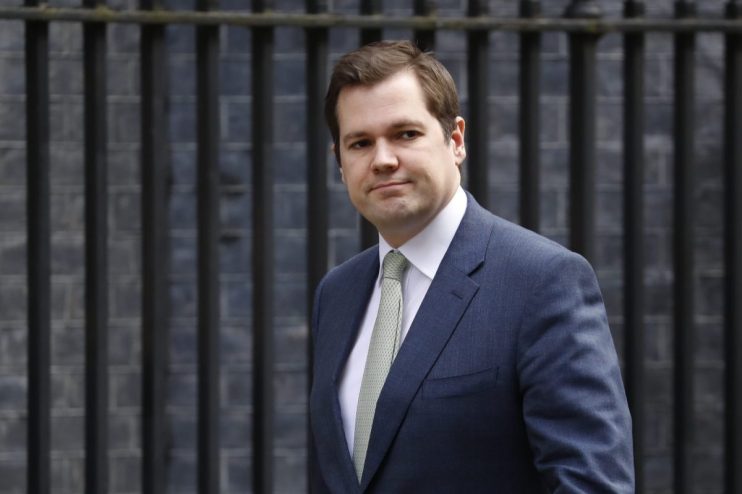Planning reforms: Govt U-turns over infrastructure levy after Chesham and Amersham defeat

The Government has announced a significant change to its controversial proposals for the reform of the planning system.
Speaking to the Local Government Association’s annual conference, Robert Jenrick – the Housing, Communities and Local Government Secretary – announced that the Government would backtrack on implementing a new nationally-set infrastructure levy that was initially outlined as part of the planning reforms.
The nationally-set infrastructure levy was heavily criticised by both industry experts and local community groups when it was unveiled as part of the proposals last year.
Critics suggested the levy would take control over local planning applications away from local authorities, centralising power in Westminster in the process.
Jenrick announced that councils would now be at the heart of levy decision making, with all future infrastructure levies continuing to be set locally. This will also give local councils the ability to determine how and where any levies are spent within their local area.
Planning reforms
The planning reforms were one of the most contested issues in the recent Chesham and Amersham by-election, which the Liberal Democrats surprisingly won from the Conservatives.
Many notable backbench Conservative MPs, including former Prime Minister Theresa May, have spoken out against the proposals in recent months.
Commentators were quick to link the change in policy to the result of the by-election.
“There’s an important political dimension at play in the decision”, said Julia Berry, consultant and planning specialist at the international law firm Reed Smith.
“Local opposition to the planning shakeup was enough to overturn a 16,000 vote Government majority, and with backbench dissent intensifying, it will be interesting to see if other elements of the controversial bill are now shelved,” Berry told City A.M. this evening.
Despite the concession made over the national infrastructure levy, concerns over other aspects of the reforms remain, most notably over the proposed “zoning” proposals. Under the zoning proposals, all land would be designated in one of only three categories – “growth”, “renewal” or “protection”.
Planning proposals made in nominated “growth” zones would be almost certain to go ahead, notwithstanding any local opposition or pressure that may exist.
“Jenrick’s announcement is no doubt in part a recognition of last month’s report from the Commons Committee on Housing Communities and Local Government, which was critical of this, and several of the other far-reaching proposals, including the proposed zoning system, which would be at odds with the Government’s ‘levelling up’ strategy”, Berry explained.
“We were promised a ‘once in a generation’ planning shake-up, but if the political winds continue to blow we could be in for something much more muted,” she added.
Proposals will be council-led
Meanwhile, Jenrick explained the government’s revised policy.
“I don’t think we need to rip up the planning system and start again. Let me be clear, the proposals we will bring forward later in the year will be council led,” he said.
“It will be for councils to determine how to provide the homes their areas need, with communities having a greater voice from the very start of the planning process.”
“The proposals will provide greater clarity; replacing complex and quite opaque Section 106 agreements with much more predictable, transparent levies which will be locally set, locally levied which greater flexibility for your as councils to determine how they are spend,” the secretary added.
“That will ensure that more land value uplift is captured for public good, ensuring you as councils have greater revenue to fund more affordable and social housing,” Jenrick concluded.